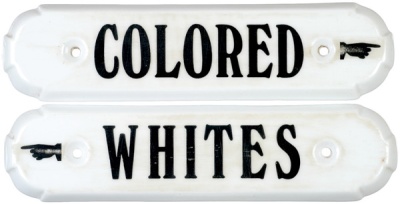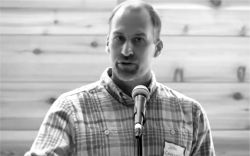Race Curriculum Controversy in Seattle
There was an unfortunate controversy created by one set of parents that surfaced in the press over the last two years about a teacher who educates his students to the realities of racism.
This is his story:
At first glance, Seattle—home to an openly gay mayor, a Socialist city council member, the highest minimum wage in the country, and a citywide initiative dedicated to “racial equity”—appears to be at the forefront in the struggle against injustice, even one of the most insidious, persistent, and misunderstood forms: racism. Nevertheless, Seattle became home to an embarrassing race curriculum controversy, one in which the school district turned its back on the city’s commitment to racial justice and ignored repeatedly its constituents’ outcries—all stemming from the formal complaints of precisely one white family: “We are concerned that the classroom situation has become a very hostile, unsafe learning environment not only for our own daughter, but all the students in the class—characterized by personal attacks, racial stigmatization, emotional out- bursts, moral intimidation, dehumanization, social polarization, and authoritarian indoctrination. ”
Truthfully, I always knew such an email was coming. In 2001, I was hired to help open the Center School, a small school in Seattle Public Schools, and I began teaching the Race Unit in 2002. Drawing in part from a district-wide training on racism called Courageous Conversations, the Race Unit established safe norms for racial dialogue before tackling loaded subjects like institutionalized racism and White privilege. Students next examined their own racial identities and explored strategies to challenge racism. From the unit’s inception, students embraced it. “Wait until the Race Unit,” seniors told the lower grades. Such feedback from students of a variety of racial backgrounds was commonplace:
- “This unit changed my life. Everybody in my class was bonded by it.
- “If it weren’t for this class, I would’ve been another stuck up kid in the world who judges people constantly. Now I look at people and see more than racial profiles…
- “This curriculum prepared me for the world and made me a better person. It should be taught in every school.”
- After nine years of resoundingly positive student feedback—without so much as a comment of concern from parents—I forgot what I always knew was coming. On December 7, 2012, during the 10th year of the curriculum, the email arrived. As student safety has always been and will always be my paramount concern, I agreed to a meeting.
Escalation
The father and mother, both white, tag-teamed a series of yes-or-no questions about the Race Curriculum Controversy in Seattle | Seattle Education:


